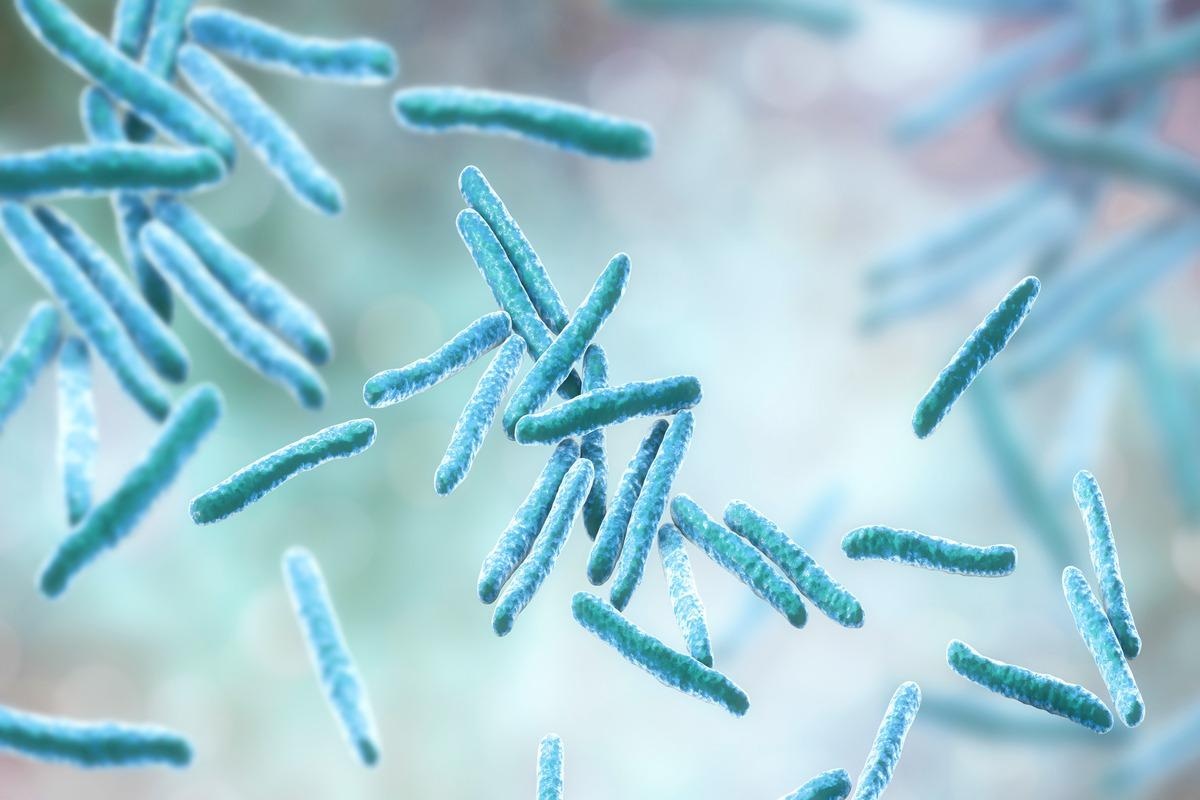Reviewed by Danielle Ellis, B.Sc.Feb 18 2022
A*STAR’s Genome Institute of Singapore (GIS) and Infectious Diseases Labs (ID Labs) have discovered KCNJ15, a gene linked to the human immune system’s ability to combat tuberculosis (TB) and maybe other infectious diseases. The findings were published on January 31st, 2022, in the journal Nature Microbiology.

Image Credit: Kateryna Kon/Shutterstock.con
The researchers employed high-throughput genomic technology to figure out how DNA packaging in blood cells varies when a person has active tuberculosis (TB), a bacterial illness that killed 1.5 million people worldwide in 2020.
They revealed that thousands of DNA regions in TB patients had different levels of acetylation (a type of chemical alteration within the cells). Their objective was to figure out which of these changes will aid in the battle against tuberculosis and which will aid in the growth of the bacterium.
They revealed that KCNJ15, a gene that regulates intracellular potassium, was one of the immune system’s weapons in the fight against tuberculosis. It raises the cell’s potassium level, causing the cell to self-destruct through a process known as apoptosis. As a result, the bacteria’s capacity to proliferate inside the cell is harmed.
Further investigation could lead to the creation of antibiotics that target these potassium modulators, in addition to the antibiotics now used to treat infectious disorders, and could aid in the development of an arsenal against antibiotic-resistant bacteria.
Dr Shyam Prabhakar, Associate Director of the Spatial and Single-Cell Systems, and Principal Investigator of the Laboratory of Systems Biology & Data Analytics at GIS, said, “Histone acetylation has been implicated by multiple studies in our immune response to TB and other infectious diseases.”
“However, those studies did not examine the genome in detail to determine which specific parts were affected and to what extent. This is the first study to examine infection-associated histone acetylation changes genome-wide,” Prabhakar added. He was also the corresponding author of the study.
Our study highlights how respiratory infections can affect the chromatin structure and transcriptional program of host cells. These epigenetic alterations might play an essential role in the onset of various respiratory diseases including COVID-19 and can be exploited to develop therapeutic and prophylactic interventions.”
Dr Amit Singhal, Study Co-corresponding Author and Principal Investigator, Infectious Diseases Labs
Prof. Patrick Tan, Executive Director of GIS, said, “Proteins such as KCNJ15 could potentially play a role in protecting us from multiple infectious diseases. The success of this study should encourage researchers to perform similar analyses in other infectious diseases, and expand to inflammatory and autoimmune conditions such as type 1 diabetes and rheumatoid arthritis, among others.”
In addition, results indicate that the role of potassium channels in modulating infection may have been under-appreciated. This is a promising area for future molecular studies and potential drug development.”
Patrick Tan, Professor and Executive Director, Genome Institute of Singapore
Prof. Lisa Ng, Executive Director of ID Labs, concluded, “TB is a global disease and with growing resistance to available antibiotics, the disease is becoming more deadly and difficult to treat. Since potassium channels are druggable, this study opens up a new avenue for research into host-directed therapies for TB and other respiratory diseases.”
Source:
Journal reference:
del Rosario, R. C. H., et al. (2022) Histone acetylome-wide associations in immune cells from individuals with active Mycobacterium tuberculosis infection. Nature Microbiology. doi.org/10.1038/s41564-021-01049-w.